Category: Gamification, Hackathon, Innovation
Sep 10
Hackathons: Filling your Idea Pipeline
Organizations often ask how they can find good, innovative ideas. I had a call recently with a government agency where exactly this came up. We have ideas, but are these the right ones? What else can we do beside having a website where our citizens can suggest ideas?
Let me tell you about a recent hackathon that I helped Unilever conduct in Tel Aviv. Unilever, the world’s third largest consumer good companies with over 400 brands such as Knorr, Lipton, Magnum, Omo or Rama, came to the DLD Tel Aviv Innovation Festival. Several thousand attendees come to listen to speakers on newest digital trends and connect with companies. Unilever sponsored the festival and decided to host a hackathon with a focus on gamification aiming to engage young people with Unilever’s ice-cream and dental care products.
What is a hackathon? A hackathon has nothing to do with malicious hacking into systems, but is a way where small teams can participate and create prototypes around ideas within 24 hours that are at the end evaluated by judges. In this case a winning team could take home a $5,000 prize. The hackathon started on Monday with a short brief on what it is all about, a session on gamification, some rules, and then 13 teams got going working on ideas. Each teams’ goal was to create a demo with a prototype. Let’s say if a team wanted to show how kids learn more about ice cream, the team had to come up with an app that was fun, engaging, and followed certain criteria. At the end of the event each team did a 3 minute pitch where they showed their demo and highlighted the features.
A hackathon is a fun way to get people together, create buzz, and churn out focused ideas around any topic. Teams can be composed of employees of a company, external people, or even a mix of both. The idea is to make idea generation fun under time pressure, with lots of food, coaching, and activities. and of course the chance to win a grand prize and expose your talents to an admired company such as Unilever.
As Unilever found out, the Millennial generation (people younger than 30) is difficult to reach. They don’t watch TV and they don’t read newspapers. But they play a lot of games, use messengers, and any internet tools that are available. I have written about how the new generation is different (see this article). That’s why the Unilever executives wanted to get ideas for different approaches in interacting with the young generation.
On the DLD festival campus a small restaurant with a lot of character was selected to host the teams. During the 24 hours 13 teams worked on ideas. Three of the 13 teams were composed of youngsters under 20 years. The hackathon usually starts with a welcome address, motivational speeches and why we do this, some lessons about the specifics including gamification, followed by a detailed brief. Once this is done, taking usually not more than 2 hours, the hackathon is officially on. Then the teams start with brainstorming, ideating, prototyping, all the while with Unilever executives and experts floating around the room to help the teams and guide them. Little snack breaks help rejuvenate energy levels and clear heads. After 2-3 hours the teams are in the flow and working on the implementation. Work over night is encouraged, and of course there is always an emergency, desperation, last minute change and other unpredictable thing going on. By Tuesday morning the teams are 80% ready. Nervous, tired, excited. This is when I listen to their pitches in rehearsal sessions. This is the moment to test out their equipment, taking often several minutes until everything works and is projected on the screen. Then the teams give me their best pitch, followed by feedback from my side. We try to make the pitch crisper, clearer, more interesting. One rule is: absolutely no PowerPoints. What the judges want to see is a demo.
And then, the finals are here. The judges composed of 5 Unilever executives including the CEO of Unilever Israel, and an external expert (in this case Gal Rimon from gamification startup GamEffective) listen to the pitches. Each team has three minutes time, followed by a 2 minutes Q&A. Within an hour everyone had given the pitch and you can see the relieve in their eyes. 24 hours of tenseness falls of their bodies.
After some deliberation the judges decided on a special prize for one of the youth teams, and the grand prize for the overall winner. The audience also has a chance to chip in with an audience price awarded to another young team.
In the end the Unilever executives were delighted and impressed. Within 24 hours a number of compelling ideas had surfaced. Unilever is going to stay in touch with each of the teams. And especially for the three young teams we need to do a shout out: they were extremely professional with their pitch, with their ideas, and with their execution.

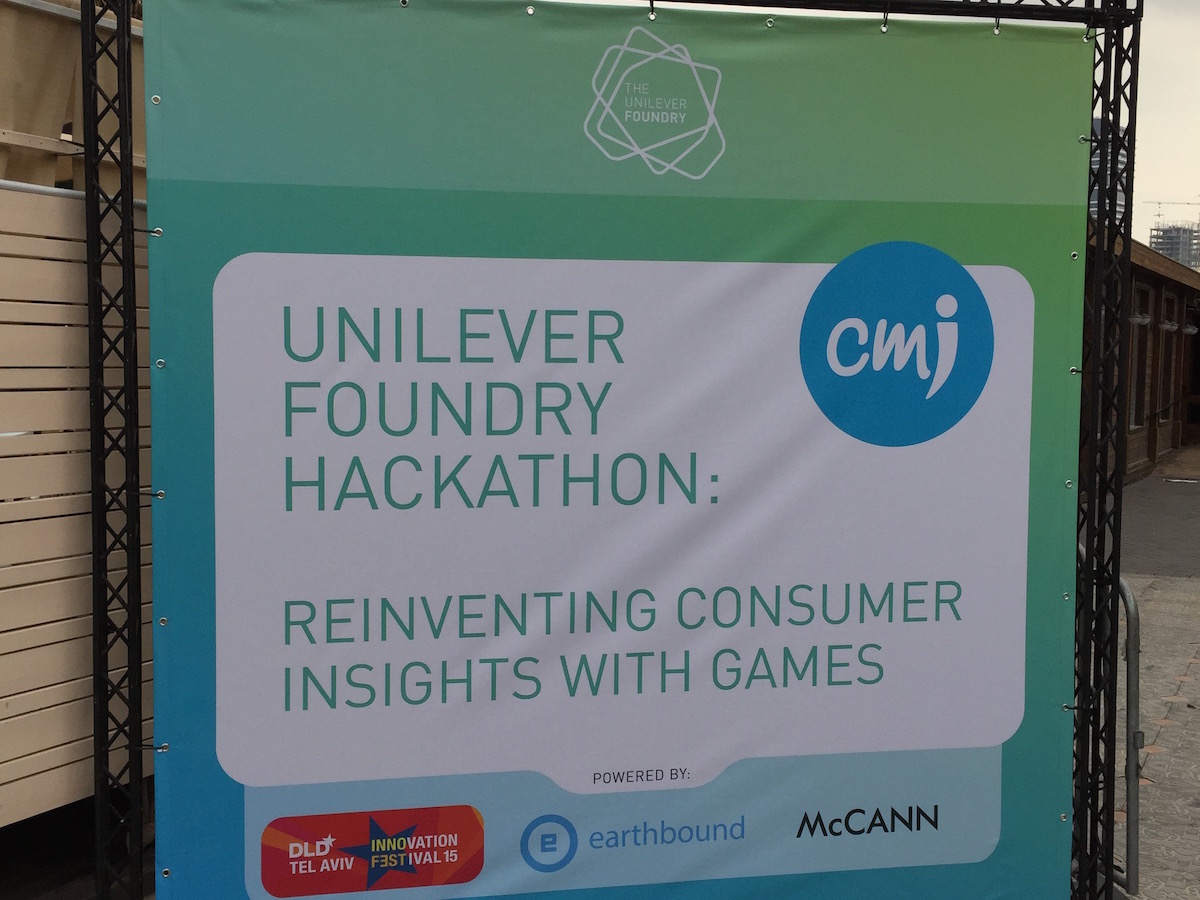
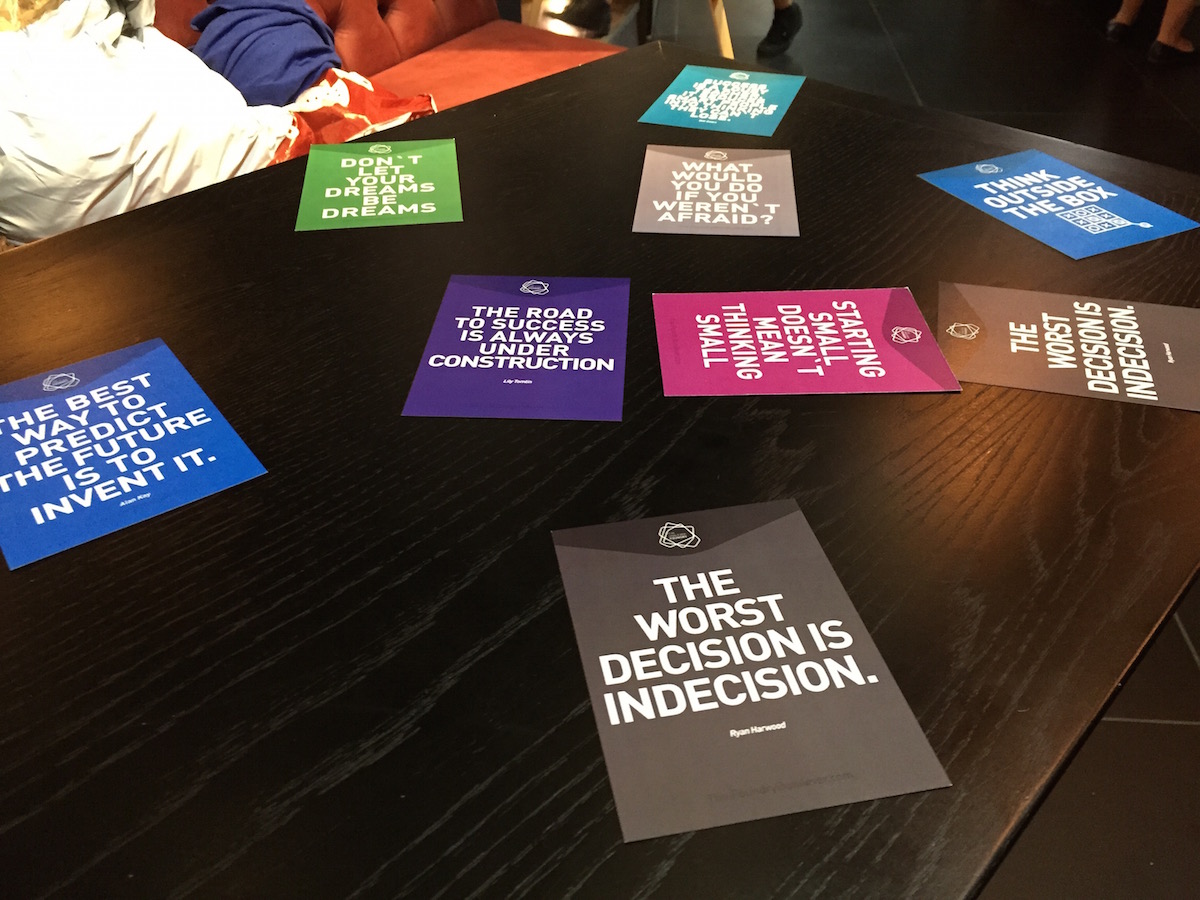
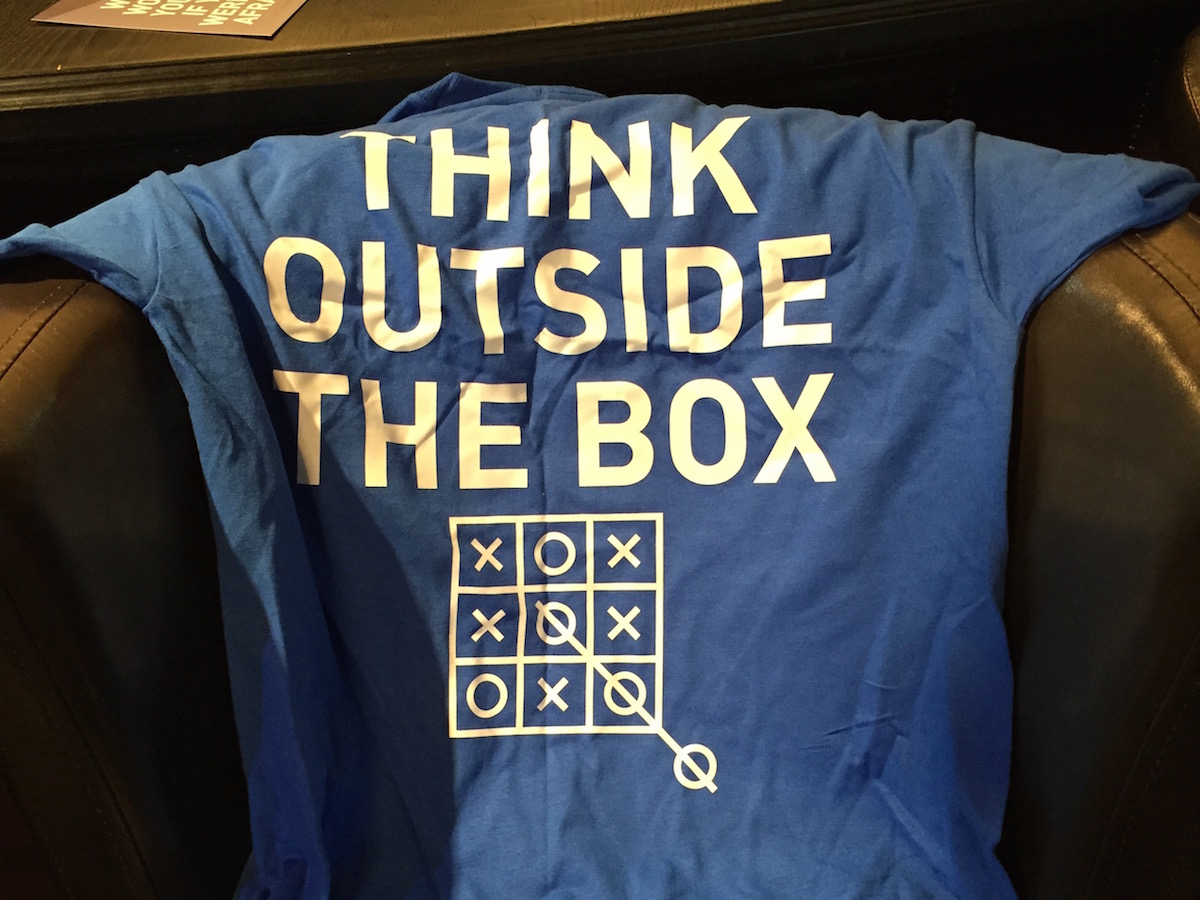
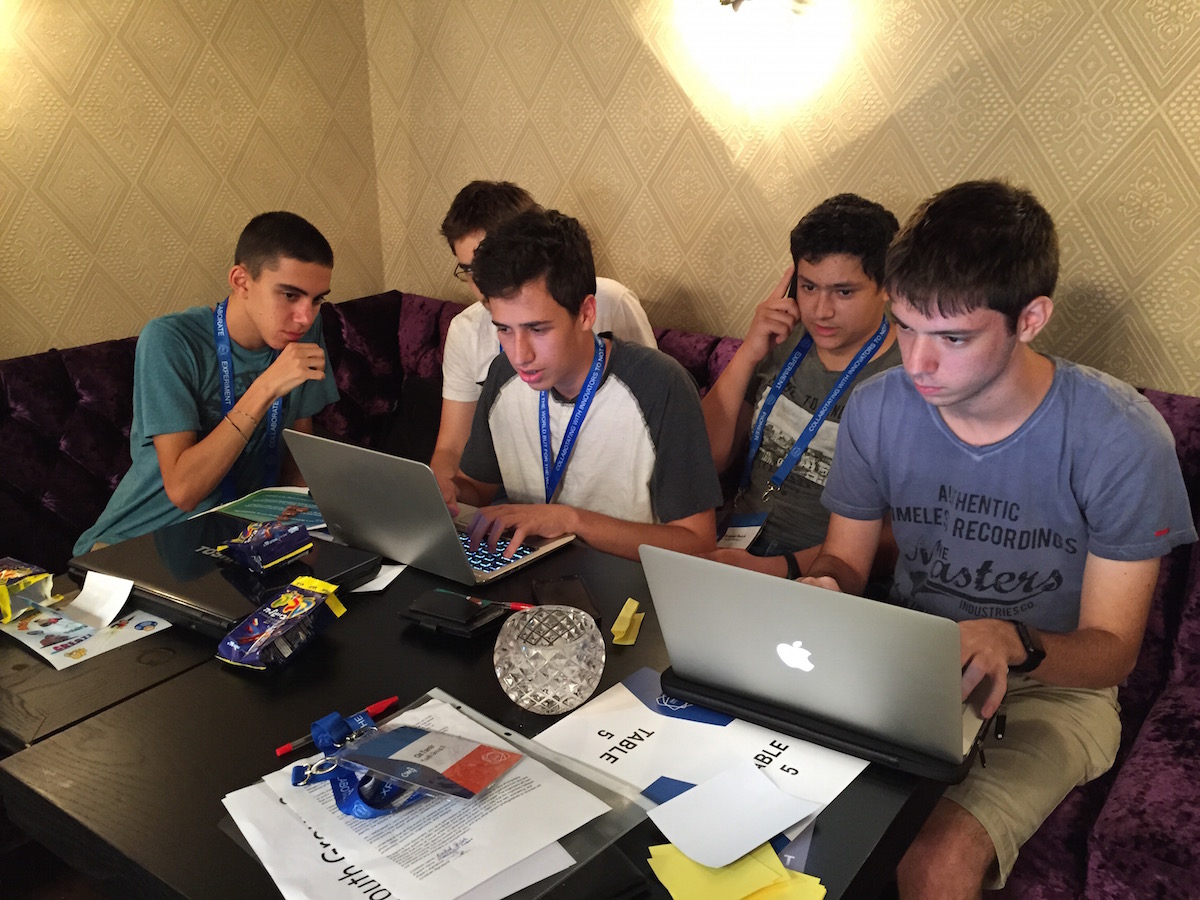
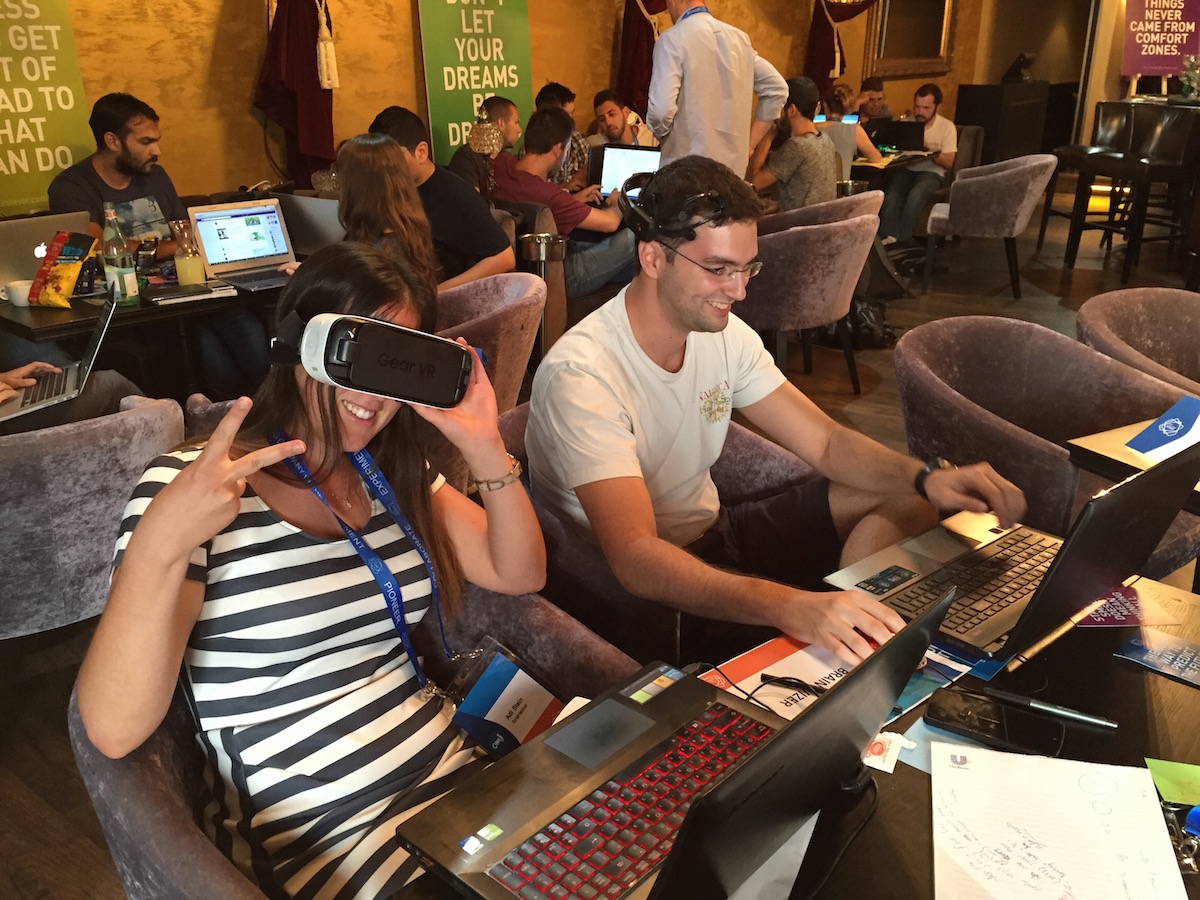
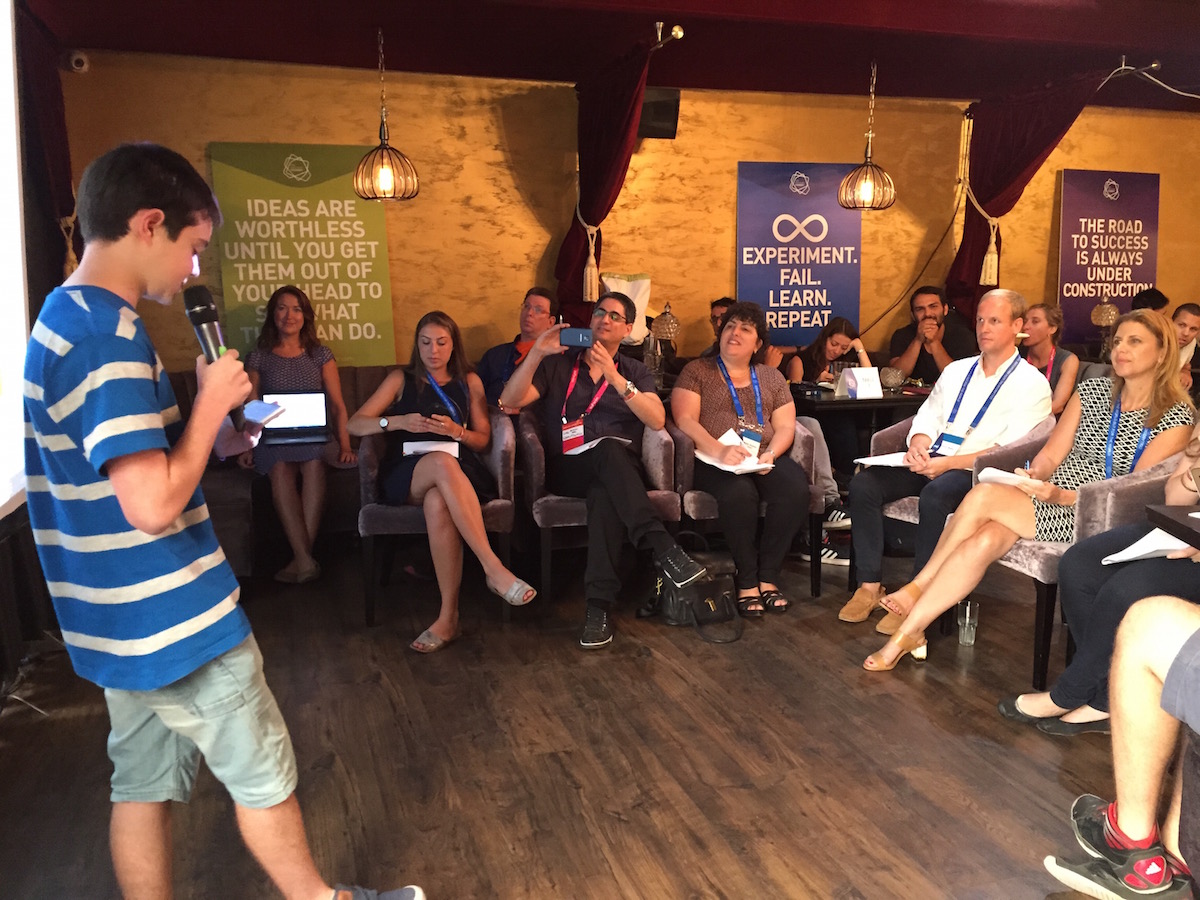
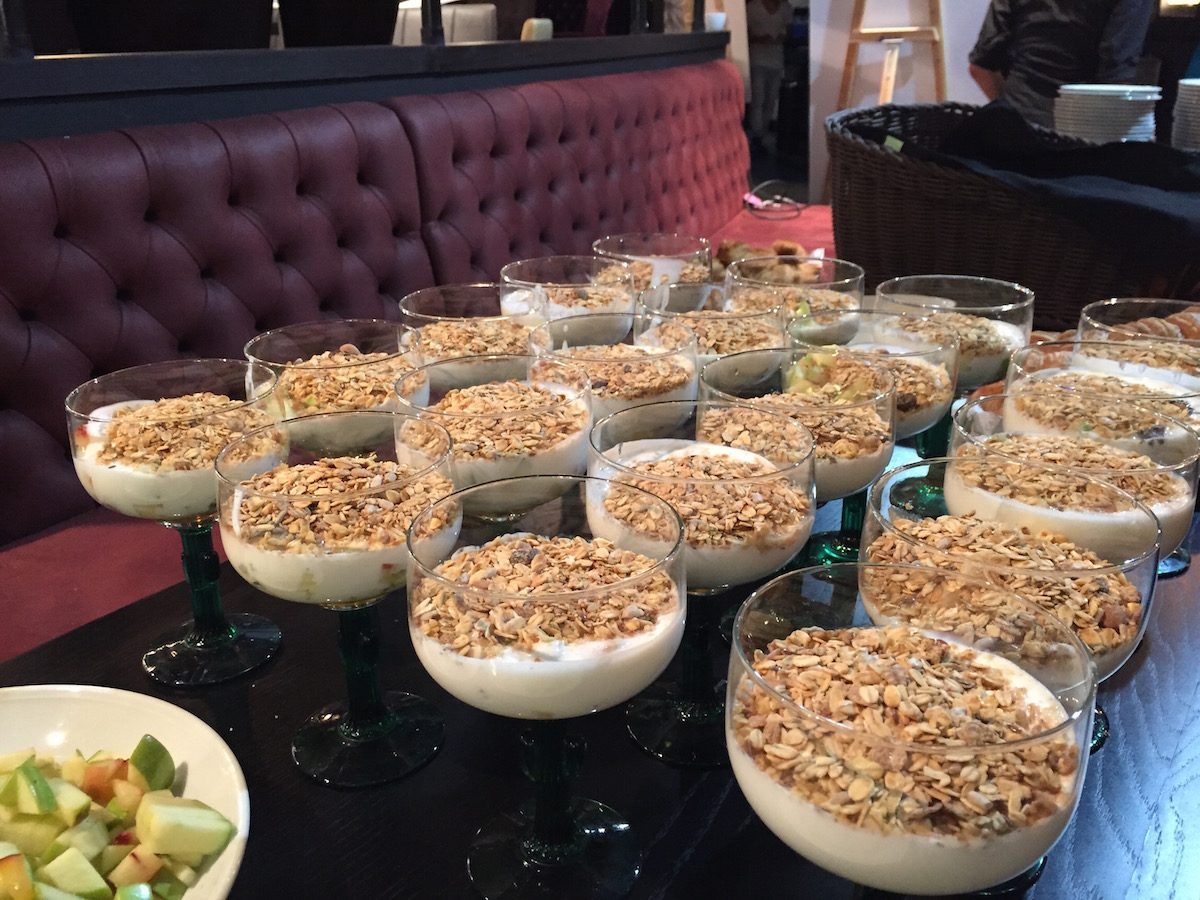
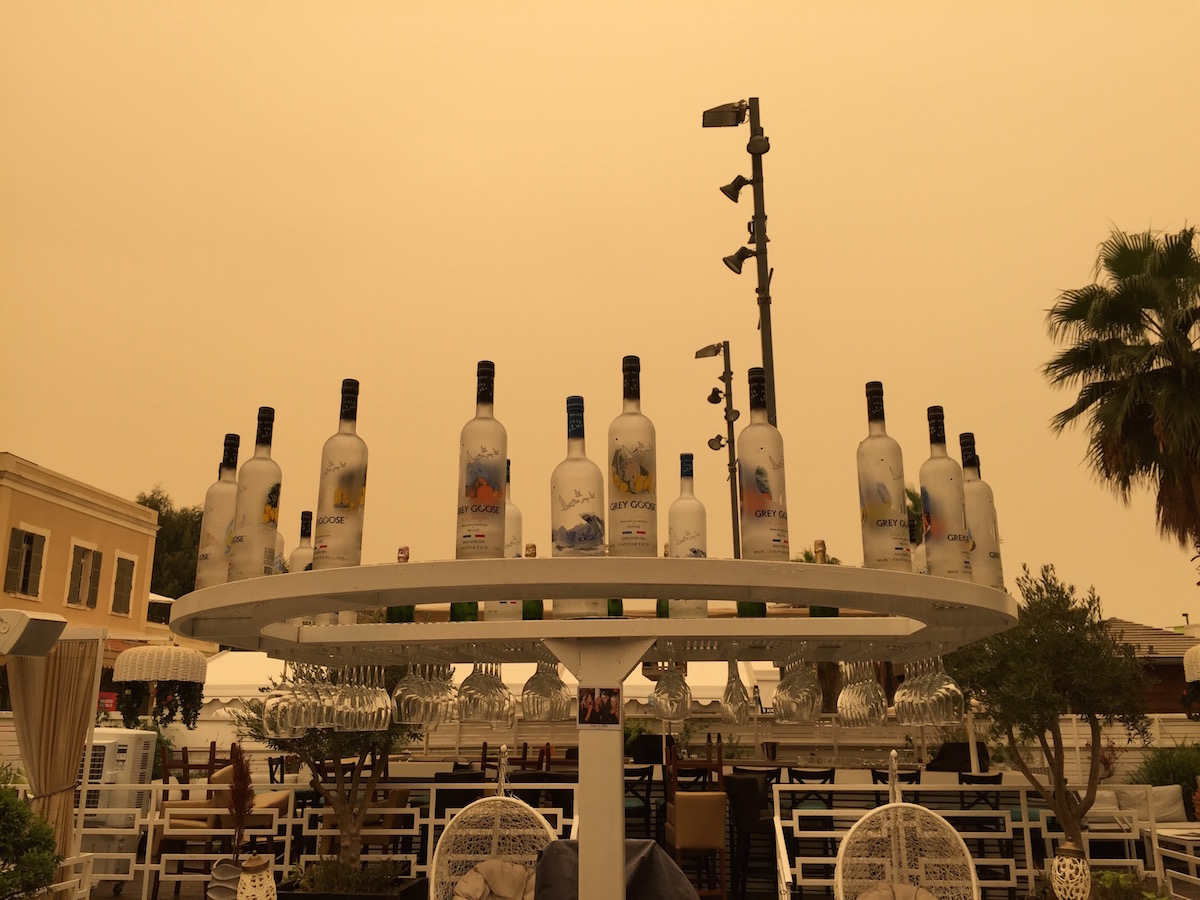
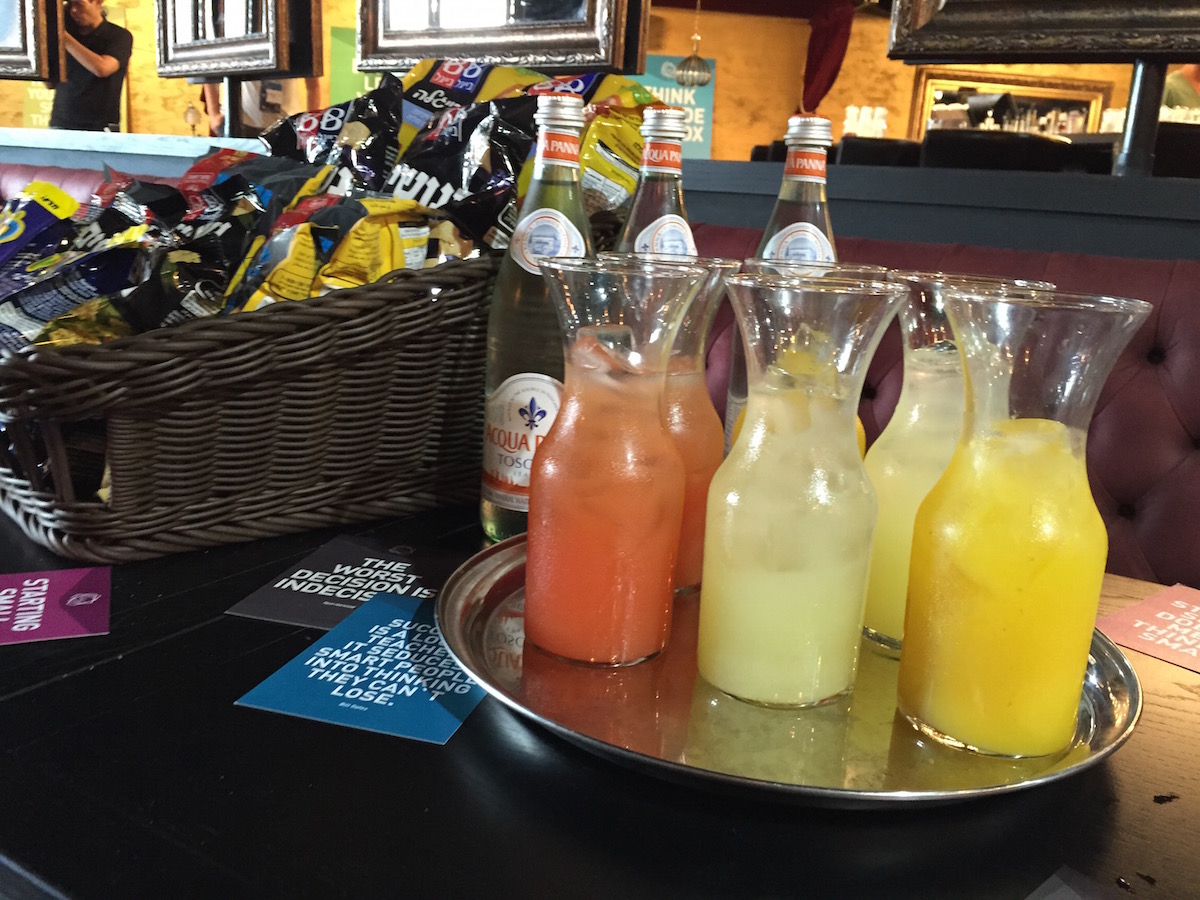
Recent Comments